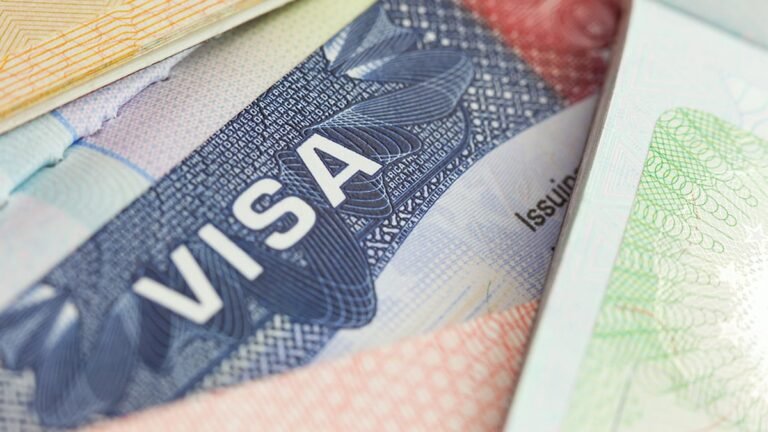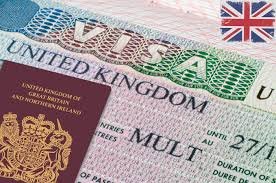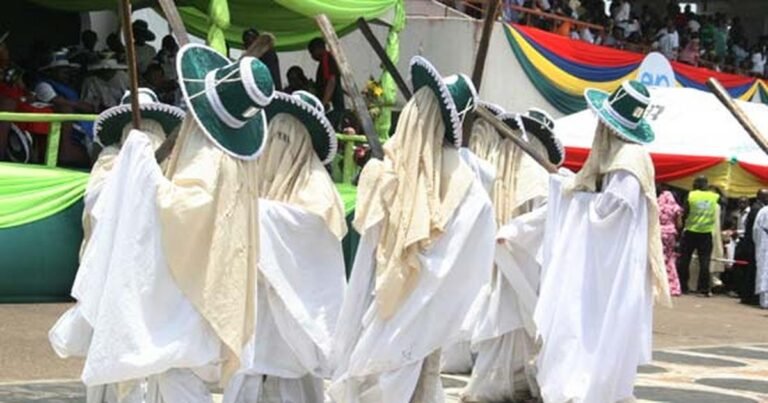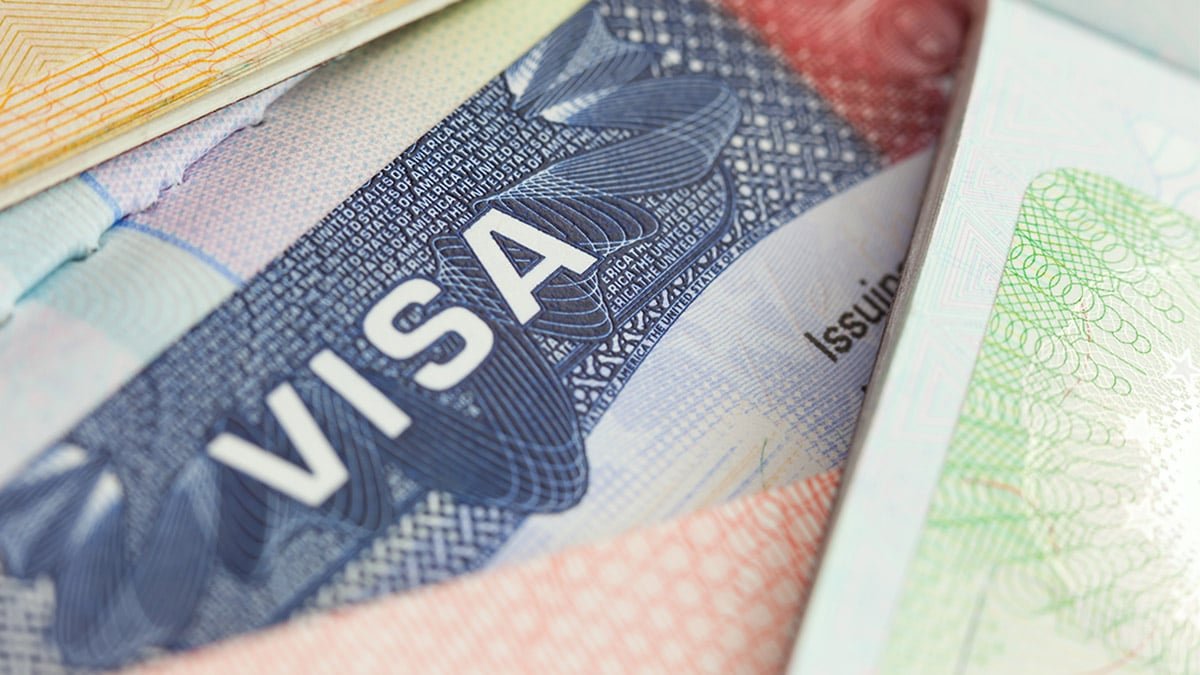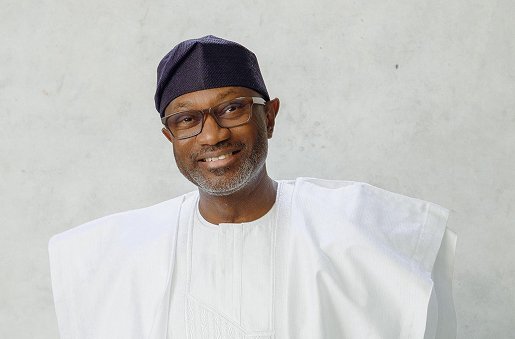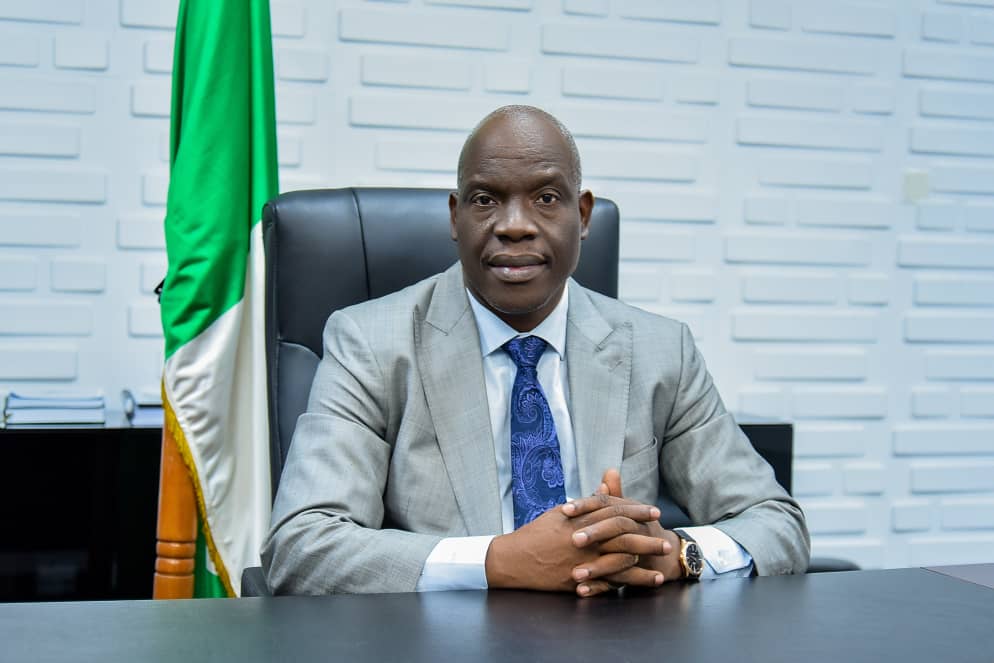Ghana’s inflation rate plunged to its lowest level in over three years, driven by a strengthening cedi that is slashing import costs and bolstering investor sentiment. The sharp deceleration in consumer prices is raising expectations that the Bank of Ghana may begin easing its benchmark interest rate as early as this month.
Annual inflation slowed to 13.7% in June, down from 18.4% in May, according to Government Statistician Alhassan Iddrisu, who spoke Wednesday in Accra. The drop marks a significant turning point in Ghana’s inflationary trajectory, providing room for potential monetary easing after a prolonged period of aggressive tightening.
A key catalyst behind the disinflation is the Ghanaian cedi’s remarkable 42% appreciation against the US dollar this year, making it one of the world’s top-performing currencies. The surge has been fueled largely by rising global gold prices, a boon for Africa’s largest gold exporter, and stabilizing exchange rates.
The cedi traded steadily at 10.35 per dollar as of Wednesday, in Accra, reflecting market confidence in Ghana’s macroeconomic outlook. The currency’s performance has significantly eased pressure on imported inflation, supporting the broader disinflation trend.
Food inflation saw a substantial decline, falling to 16.3% from 22.8% in May, while non-food inflation eased to 11.4% from 14.4%, Iddrisu added. These figures reflect improved price stability across multiple consumer categories and are seen as a key signal for monetary policymakers.
The Bank of Ghana is scheduled to announce its next interest rate decision on July 23, with analysts anticipating a potential cut in its 28% benchmark rate. Governor Johnson Asiama, who has led the central bank since February, opted to hold rates steady at the last policy meeting in May amid lingering inflation risks.
A rate cut would mark the beginning of a policy pivot aimed at supporting economic growth after nearly two years of tightening. It also aligns with signs of improved fiscal health, as Ghana moves to reenter domestic capital markets following a sovereign default in 2022.
The government now plans to raise 3 billion cedis ($290 million) between September and December through medium-term bond sales, signaling confidence in renewed investor appetite. Lower yields on Treasury bills are now at a three-year low, underscoring improved debt sustainability and reduced short-term financing costs.
President John Mahama’s administration is banking on the combination of cooling inflation, currency stability, and restored market access to drive Ghana’s post-crisis recovery. With inflation moderating and bond yields falling, the country appears poised for a return to financial normalcy and perhaps, sustainable growth.










